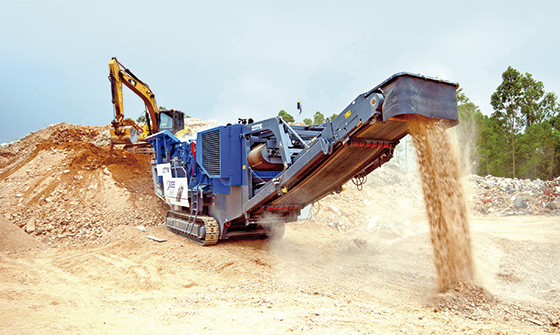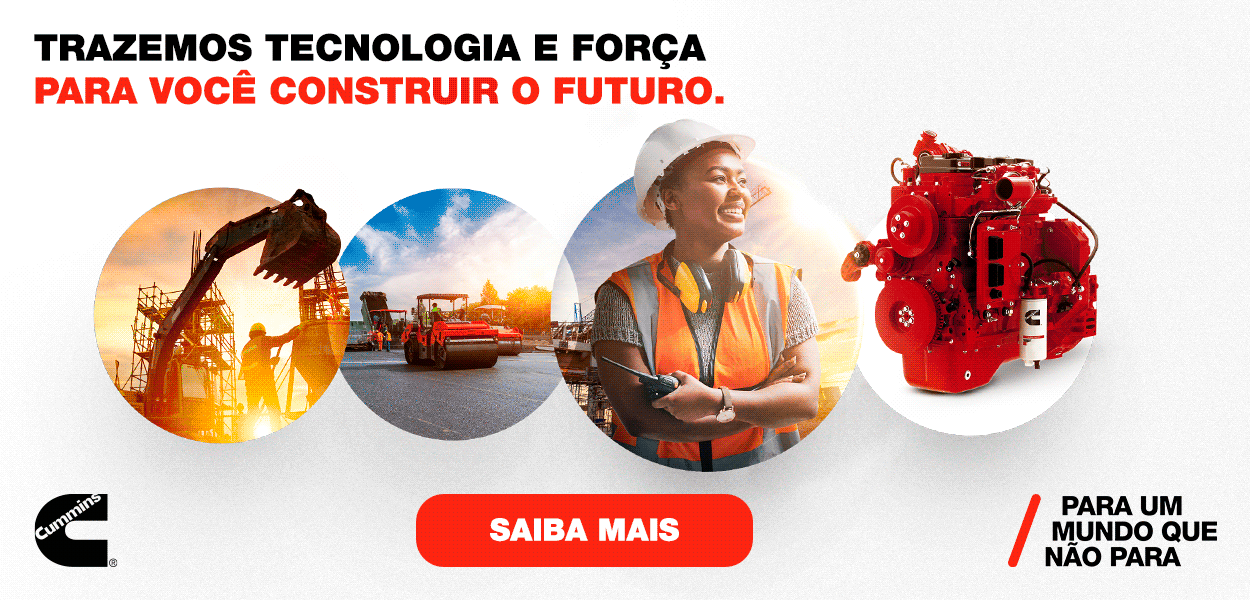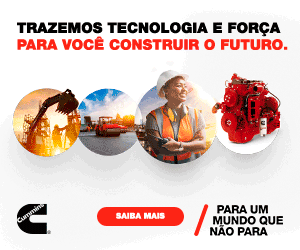Portable solution

Mounted on tracks or wheels, mobile crushing units are being consolidated in the market because they ensure higher profitability due to their mobility, portability and operating flexibility
Since the 2009 M&T Expo, when the trend became more visible for the Brazilian market, the use of mobile crushing units is being more frequent and consolidated in Brazil. From that time on, mobile models increased consistently their participation due to their innovative features and their advantages in comparison to stationary units. Even more traditional areas such as quarries were conquered. “This situation occurs mainly in more mature companies, where the collaborators are being qualified along the years to operate and maintain equipment with growing levels of on-board technologies”, says Geraldo Bertolim, sales manager from Metso. “On the other hand, these machines are bringing considerable increase in productivity.”
In fact, self-propelled mobile solutions have unique features in the area, such as mobility and short time for assemblage and start-up. This is why they are indicated for shorter operating periods or situations where constant changes in the working place are needed. But this advance is being tested in the current times.
According to Bernardo Gomes, mining product manager from Ciber Equipamentos Rodoviários, the boom that occurred in the country between 2009 and 2012 was supported mainly by the parity between real and dollar and by the large hydroelectric projects in the Northern region. And both reasons do not exist currently. “But in general the whole world is going to a more effective use of this type of machine”, says the executive, who represents the manufacturer Kleemann in Brazil. “And this is mainly due to their mobility, flexibility and reduction (or even elimination) of investments in civil works, what is seen more clearly in North America, Europe and part of Asia.”
In addition, Gomes says that the behavior of the Brazilian market is more conservative, maintaining its preference by stationary units. “But some players of construction and mining are more opened to the benefits of mobile units and to the opportunities that these equipment may generate”, points him. “Then we are expecting a market increase in medium term, but nothing like the boom that occurred at the beginning of this decade.”
CONTINGENCE
For Bertolim, the necessity will speak louder. “I do not see an increase in the use of mobile units as a trend, but as a contingence”, explains him, pointing that on-wheel equipment is being used here since the 70s, mainly by contractors. “What happened during last years was an increase in the number of projects whose features were more appropriate for the use of mobile units, such as, for example, shorter deadlines or requirements of crushing material from excavation or demolition to be used in the project itself.”
And the expert adds as a basic factor the increase in the availability of crushing services. Many subcontractors—says him—passed to carry out this work and had to be equipped to fulfill this growing demand. “In 2007, Metso detected this situation and was pioneer in bringing to Brazil the first Lokotracks”, ensures him. “And since then we are developing a coordinated work to introduce this alternative in the market.”
He is talking about the crawler machines whose first unit started to work in 1985 and which are currently produced mainly in Finland and India. “Currently the brand became a synonym of this type of machine”, says him. “One of its main features is just the portability, that allows to put them on production in a very few hours.”
According to him, Metso line includes almost one hundred models and versions equipped with jaw crushers, HP (high-performance) cone crushers, GP cone crushers, Barmac vertical shaft impact crushers, impact crushers, primary screens and classification screens (dry or with washing), in addition to customized solutions to be used in pit. “Solutions may be connected in several layouts and combinations, forming installations able to fit all types of applications and specifications”, says him.
Talking about wheeled units, Bertolim says that they started to be produced in Finland in 1921 and came to Brazil at the beginning of the 70s. Called NW (Nord Wheelers), they have a long list of global and regional models which may fit the necessities and regulations of each market. The line includes all compact models, having crushers and screens installed in a single on-wheel frame, forming a complete installation which allows the production of up to four items. It also allows composed layouts and solutions that may be customized to attend different specifications and capacities.
The company introduced recently the NW Rapid Line, in a global basis. “It is a revolutionary solution for on-wheel crushing plants that may be put in service in less than 12 hours with no use of heavy cranes”, emphasizes Bertolim. “It was designed to match the growing challenges of our clients and to make available solutions which could be easy to assemble, versatile and high productive, ideal for the current days, when most projects have short deadlines.”

Av. Francisco Matarazzo, 404 Cj. 701/703 Água Branca - CEP 05001-000 São Paulo/SP
Telefone (11) 3662-4159
© Sobratema. A reprodução do conteúdo total ou parcial é autorizada, desde que citada a fonte. Política de privacidade














